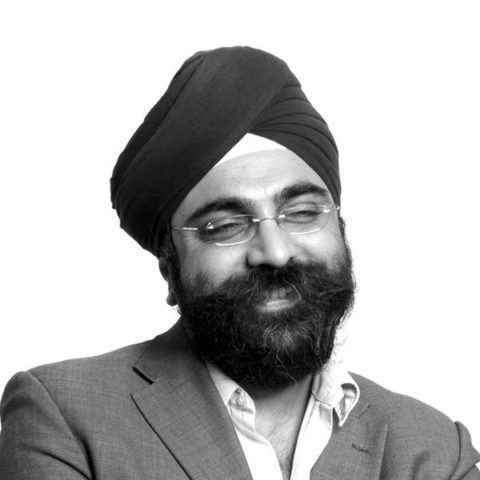
Indy Johar
Co Founder & Executive Director
Dark Matter Laboratories
18 December 2020
Eime Tobari, Product Council Co-Chair
The ULI UK Infrastructure and Urban Development Product Council Day on 24 November 2020 was designed to explore issues around the council’s annual theme: “The role of infrastructure in value creation in urban development projects across the UK.”
We were joined by a fantastic range of speakers, our enthusiastic council members and ULI members with an interest in the topic. In the 2.5 hour virtual session, we explored questions around the definition and the role of infrastructure, alternative models of public-private sector collaborations, and innovative funding/financing mechanisms that support value creation.

Indy Johar
Co Founder & Executive Director
Dark Matter Laboratories
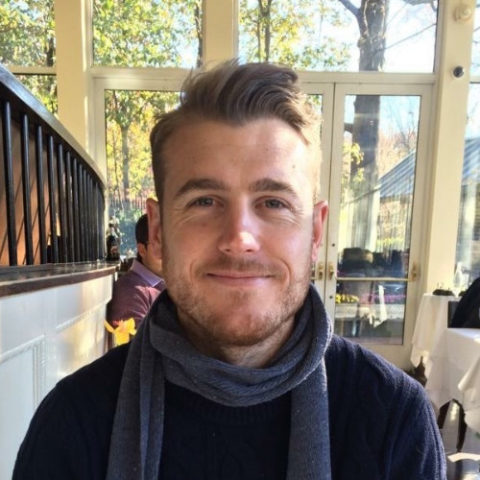
Danny Keir
Director
Enki Music
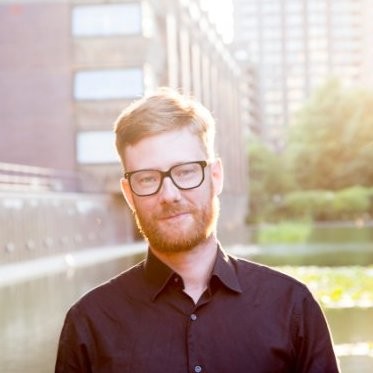
Daniel Rea
Director
Periscope
What are the questions?
The event was kicked off by Indy Johar of Architecture 00. As a way of provocation, he highlighted various challenges our industry faces – from housing to street design, nature-based solutions to urban scale retrofit, macro to micro infrastructure, financing to partnership and procurement to evaluation. How do we value intangible outcomes such as wellbeing and culture? What is our vision for the future? The scale of those challenges dwarfs everything we can do individually. We need to involve the whole value chain, working in a renewed relationship between macro and micro with the aim of creating ‘community wealth’ beyond ‘community benefits’.
What is infrastructure?
These questions in mind, our next pair of speakers, Daniel Rea from Periscope and Danny Keir from ENKI Music, discussed the definition of infrastructure. As a landscape architect, Daniel proposes to consider green infrastructure as part of planning and development strategies. He highlighted the inequitable distribution of access to green infrastructure across London and demonstrated a way to use data analytics for place-based value creation. Danny, who has been working with musicians and the music industry throughout his career, offered that the culture and people who create and consume it are ‘cultural infrastructure’, which is intangible but vital for the resilience of cities and places. How physical infrastructure can support such cultural infrastructure is a big question for us; the built environment professionals.
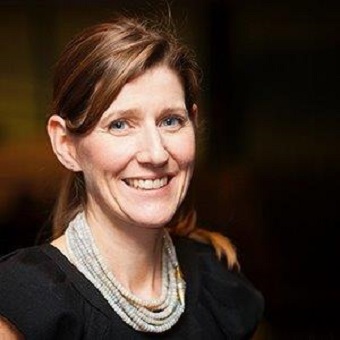
Joanna Averley
Chief Planner
Ministry of Housing, Communities and Local Government
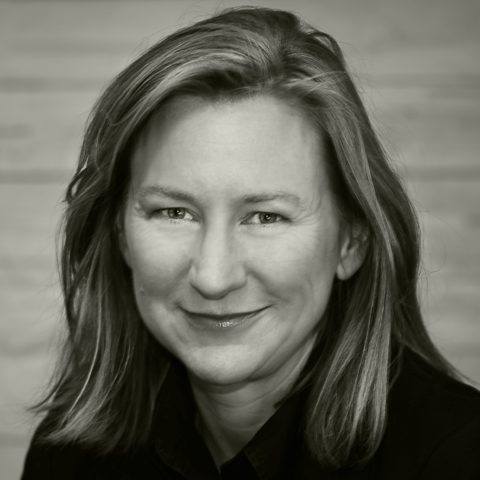
Selina Mason
Director of Masterplanning
Lendlease
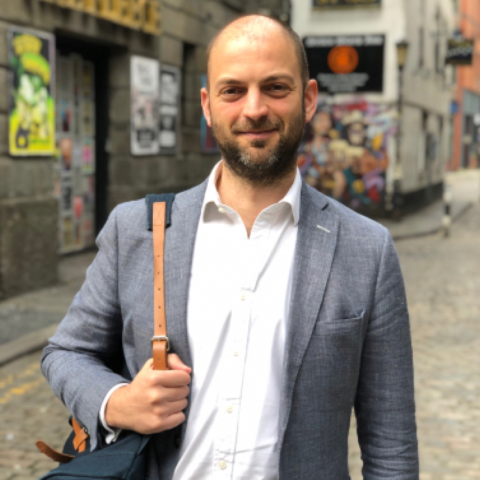
Paul Clark
Co Founder
Stories
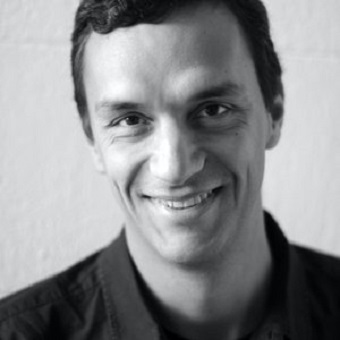
Sascha Haselmayer
CEO
Citymart
Where and how do we live next?
Joanna Averley from MHCLG and Selina Mason from Lendlease exchanged their ideas and opinions about the future of living. Drawing on their rich experience in planning and masterplanning projects, they debated whether urban centres and economic agglomeration would still be relevant to the new lifestyles and work patterns that are emerging through the current pandemic experience. The right question would be, as it transpired, how to maintain the economic benefit of agglomeration while mitigating its negative impact and embracing emerging trends of localism and flexible working (in terms of both time and space). This question begs for a holistic, multi-scale approach and effective collaboration across sectors, geographies and governmental hierarchies (i.e. national, regional and local).
New models for procurement, finance and partnership.
The final session started with a pre-recorded interview with Sascha Haselmayer from Citymart. Responding to our questions, he talked about his experience in helping local authorities foster innovation through outcome-oriented procurement. When we asked about the perception of risk that often comes with innovation, he simply and rightly said “nothing is riskier than keeping the status quo.” On the issue of partnership, he emphasised the importance of shared goals and capacity for relationship building. Reflecting upon these points made by Sascha, Paul Clark from Stories shared his experience as a developer with social value at its core. He strongly agrees with Sascha on the partnership and explained that procurements can be used to find partners for co-design, rather than specific, prescribed solutions. Co-design and co-creation engaging wider stakeholders is key to create genuine community wealth beyond just getting limited community benefit out of procurement.
The discussion we managed to have with the speakers and engaged audience was profoundly stimulating and enriching. Unfortunately there is not enough space here to include all the valuable points raised but they will definitely be incorporated into the planning of our future programme.
Co-chairs Carlo and Eime loved the fact that all patricipants reflected the other speakers’ comments and created a common thread across sessions without prompt. We would like to thank again all the speakers and participants for joining us and we look forward to continuing our engagement and collaboration.
The event was hosted by ULI UK and moderated by the council co-chairs, Carlo Castelli at Jacobs and Eime Tobari at COCREATIF.
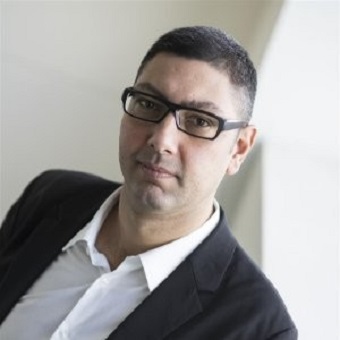
Carlo Castelli
Head of Cities Solutions Europe, Cities and Places
Jacobs
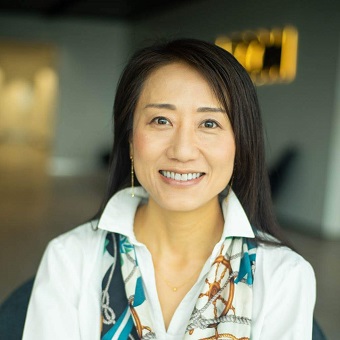
Eime Tobari
Social Value Strategist
Director, Cocreatif
Don’t have an account? Sign up for a ULI guest account.